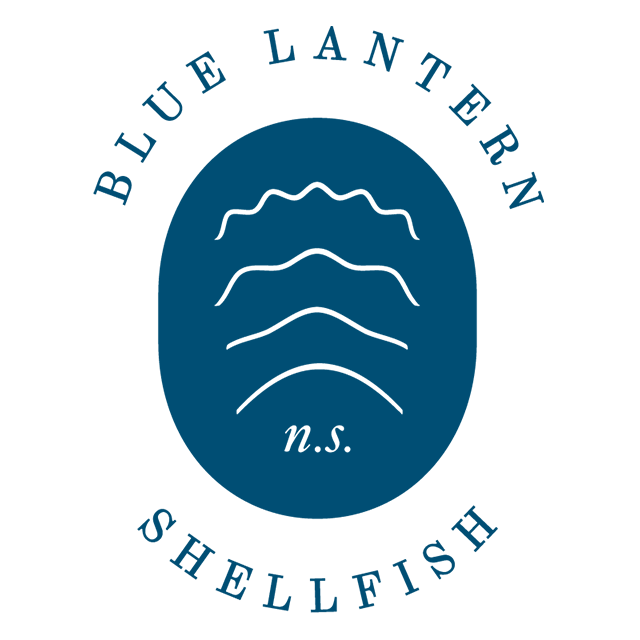Working Smarter, Not Harder: Tech and Labour in Scallop Aquaculture
Dr. Christopher Noren is a recent PhD graduate in sustainable aquaculture from the University of Maine, an aspiring scallop farmer, and a researcher with a big-picture vision for what aquaculture could become.
“The work is backbreaking. And the pay doesn’t always match the effort,” Chris says, comparing his past in black cod fishing with life as an oyster farmer. “I’m really hoping the efficiencies we’re seeing in scallop farming can shift that.”
In his research, Chris estimated that adopting Japanese equipment and practices—including automated pinning machines, cleaning gear, and other tools—could lower labour demands on scallop farms by up to 40%.
It’s not just about saving time; it’s about changing the experience of ocean farming.
“Right now, many aquaculture jobs feel like a summer gig or something you eventually leave behind,” he explains. “But if we can make them more efficient, safer, and better paid, we can turn them into careers—and real futures—for coastal communities.”
Chris’s research will lead to smarter, more sustainable jobs. If you're saving labour per scallop, you can reinvest that in your workforce. That’s where this industry has real potential.
For Chris—and for us at Blue Lantern Shellfish—this isn’t just about adopting technology. It’s about creating a viable, modern aquaculture economy. One that provides good jobs, values workers, and assists coastal communities in thriving long-term.
“The dream,” he says, “is farming that’s not just laborious, but rewarding. Careers where people work smart, earn well, and stay in it for the long haul.”
We couldn’t agree more.

